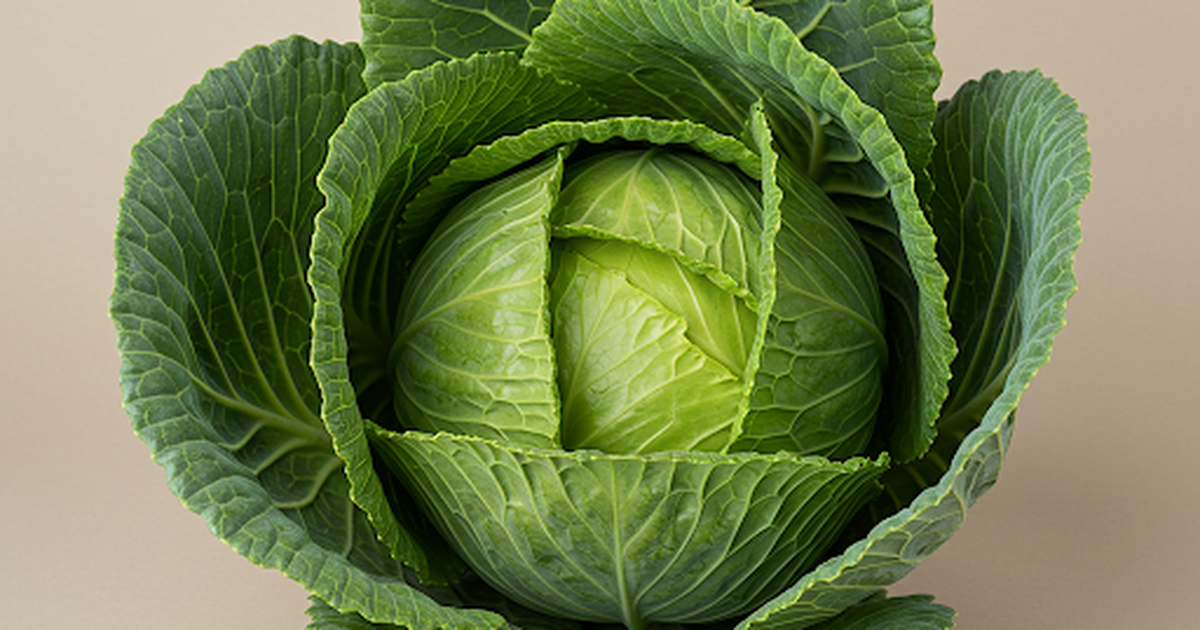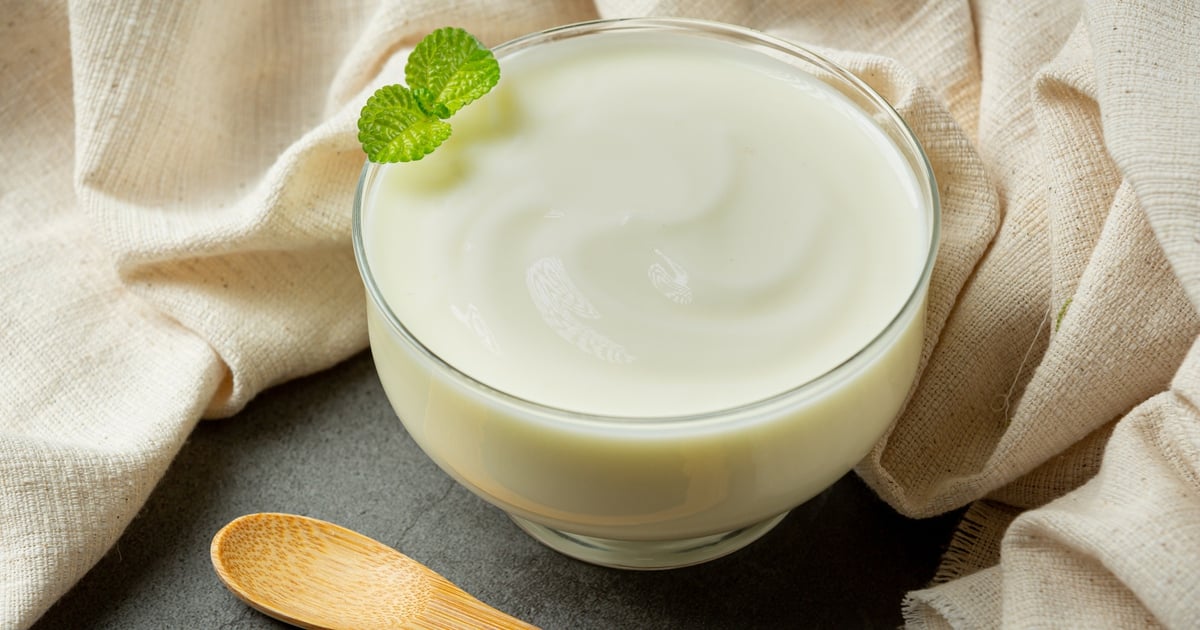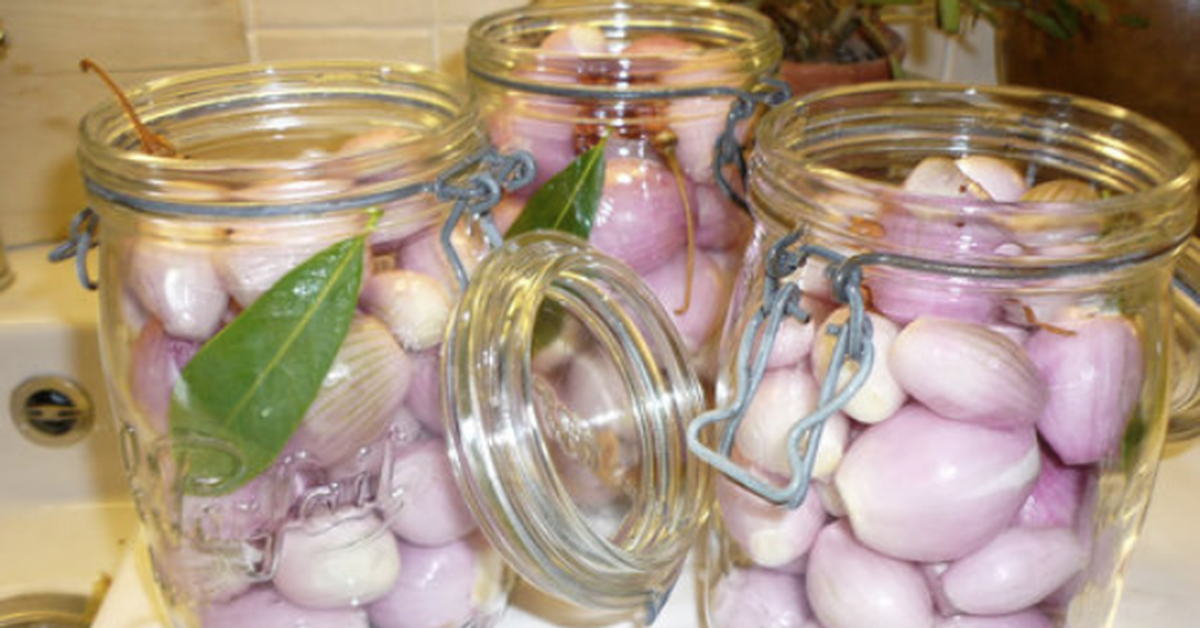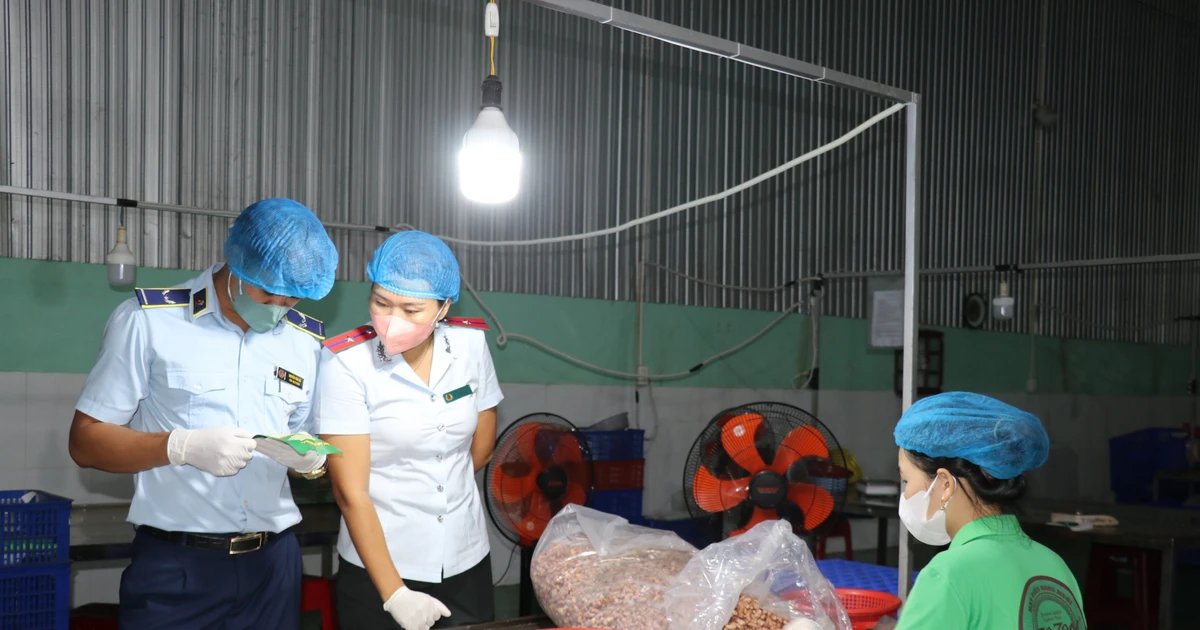Tim Spector, nutrition scientist and professor of genetic epidemiology at King's College London, shares five simple tips to maintain gut health and increase longevity.
Gut health is important to a person's overall health, as the gut microbiome or bacteria that reside within it have a symbiotic relationship with the body, playing a vital role in how the body functions. The foods you eat contribute to the health of those bacteria.
Dr Tim Spector, a British nutrition scientist, gut microbiologist and epidemiologist, shares his ways to look after his gut health, including eating up to 30 plant foods a week and fermented foods.
Eat 30 Plants a Week
“The more plant-based foods you eat, the more diverse your gut microbiome is,” Spector explains.
Studies have shown that a diverse gut microbiome is associated with longer life expectancy and better overall health. Meanwhile, an imbalanced microbiome can cause health problems such as inflammatory bowel disease, infections, and hardening of the arteries, according to the Cleveland Clinic.
While 30 plants a week may sound like a lot, Spector says it's easier if nuts, seeds, beans, whole grains, spices, herbs, fruits, and vegetables all count.
Eat the "rainbow"
According to Spector, eating more brightly colored fruits and vegetables feeds a wider variety of bacteria in the gut, which can support health in a number of ways. That’s because plants get their color from polyphenols, which act as fuel for the gut because they feed good bacteria.
In addition to brightly colored foods, Spector recommends consuming foods that have a bitter or astringent taste, such as coffee, extra virgin olive oil, and berries.
Eat a little fermented food every day
A 2021 study cited by Spector found that eating a variety of fermented foods for 17 weeks increased the diversity of gut bacteria and reduced markers of inflammation. Recommended fermented foods include kefir, yogurt, fermented cottage cheese, fermented vegetables, fermented plant drinks, and kombucha.

Eating fermented foods like yogurt for 17 weeks increased the diversity of gut bacteria and reduced markers of inflammation. Photo: Freepik
Give your bowels a rest.
Eating within a 10 to 12 hour window during the day allows bacteria to “get a good night’s sleep” for 12 to 14 hours overnight. This allows some bacteria to clean up the gut lining and keep it healthy.
A 2023 study found that time-restricted eating improved or reversed underlying factors that lead to metabolic disease and gut dysbiosis. However, it’s important to note that many of these studies were done in mice, and research on this topic is still in its early stages.
Eat less processed foods
Spector's final piece of advice is to cut back on ultra-processed foods.
According to the Nova Scale – a scale that classifies foods based on how they are processed – ultra-processed foods are made using methods that are difficult to replicate at home and look nothing like the ingredients they come from. Eating a lot of ultra-processed foods has been linked to a number of health problems, including a higher risk of cancer and dementia.
“Try to choose homemade meals whenever possible,” says Spector.
Khanh Linh (According to Business Insider )
Source link


![[Photo] General Secretary To Lam receives US Ambassador to Vietnam Marc E. Knapper](https://vstatic.vietnam.vn/vietnam/resource/IMAGE/2025/3/31/5ee45ded5fd548a685618a0b67c42970)
![[Photo] Prime Minister Pham Minh Chinh receives delegation of leaders of US universities](https://vstatic.vietnam.vn/vietnam/resource/IMAGE/2025/3/31/8be7f6be90624512b385fd1690124eaa)



![[Photo] Speeding up construction of Ring Road 3 and Bien Hoa-Vung Tau Expressway](https://vstatic.vietnam.vn/vietnam/resource/IMAGE/2025/3/31/f1431fbe7d604caba041f84a718ccef7)
























![[Photo] 2nd Conference of the Party Executive Committee of Central Party Agencies](https://vstatic.vietnam.vn/vietnam/resource/IMAGE/2025/3/31/8f85b88962b34701ac511682b09b1e0d)































































Comment (0)